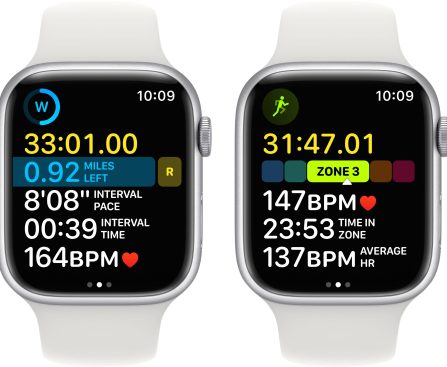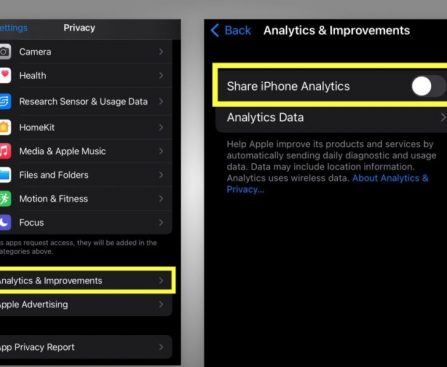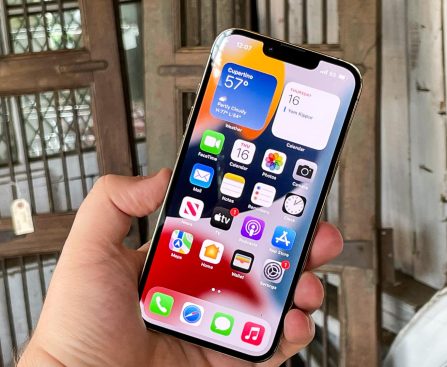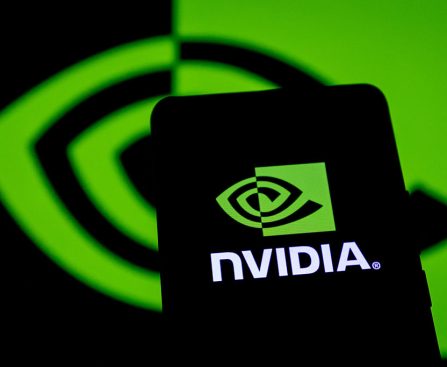If you are in the market for an electric vehicle that combines strength with a dependable driving range, the Tesla Model S, hailing from one of the leading electric vehicle (EV) manufacturers, stands out as a compelling option. Although there are few changes for the 2026 model year when compared to the previous version, a prominent characteristic of the Model S is its impressive power output. The 2026 Model S is available in two options: a standard 670-horsepower (hp) model, which is sufficient for everyday use, and the Model S Plaid, designed for performance enthusiasts, featuring 1,020 hp and achieving a 0 to 60 mph acceleration in just under 2 seconds.
Regardless of the trim you choose, the Model S distributes power to all four wheels, and several reviewers have noted its responsive acceleration. For instance, in their review of the 2026 Tesla Model S, Edmunds remarks that it is among the fastest vehicles they have ever driven, an impressive feat for an EV, as the team reviews over 300 cars annually.
However, if you believe the Tesla Model S’s 1,020 hp and 1.99-second dash from 0 to 60 mph is insufficient, you shouldn’t compromise. There are more powerful electric vehicles that surpass the Model S Plaid in horsepower, with some capable of accelerating from 0 to 60 mph even quicker. We have identified these alternatives using horsepower as the primary criterion for evaluating EV performance, and you can find further details about our selection process in the methodology section at the end of the article.
2026 Lucid Air
As a direct rival to the Model S, the 2026 Lucid Air provides even greater power than Tesla’s offering, all wrapped in a luxurious package that sets the standard for electric sedans. The 2026 model comes in four variations: Air Pure, Air Touring, Air Grand Touring, and Air Sapphire. When fully equipped, the Air Sapphire includes all the enhancements available in the 2026 model year and has the highest power output of the four variants.
The Air Sapphire features 1,234 hp, which is over 254 hp more than the Model S, and reaches a maximum speed of 205 mph. This premium version can accelerate from 0 to 60 mph in 1.89 seconds, a tenth of a second quicker than Tesla’s most potent Model S Plaid, indicating that the Air is likely faster in terms of acceleration.
In addition to its potent performance, the 2026 Lucid Air boasts one of the longest ranges in its category, with an EPA-estimated range of 427 miles in the top-tier Sapphire trim. However, acquiring a fully equipped Sapphire model requires a significant financial investment, priced at $249,000. Although it is costly and the Lucid Air may not be as dependable as some other EVs, it certainly exceeds the Model S in terms of power.
2026 Rimac Nevera
In contrast to the Lucid Air or the Tesla Model S, the Rimac Nevera represents a different class of vehicle. This is an electric hypercar that, as expected in its category, delivers both speed and power in a sporty design. The Rimac Nevera is a potent electric car that generates up to 2,107 hp, more than twice that of the Model S Plaid. The Nevera is offered in two trims, with the base model producing up to 1,914 hp and 2,340 Newton-meters (Nm) of torque, nearly double the hp of the Model S.
The most powerful version is the Nevera R, which boasts 2,107 hp and 2,340 Nm of torque from a quad-motor electric powertrain. With such remarkable horsepower, the Rimac Nevera can accelerate from 0 to 60 mph in 1.74 seconds for the base model and 1.66 seconds for the R trim. With a top speed of 267 mph, the 2026 Rimac Nevera far outpaces the Model S and is recognized as one of the fastest electric vehicles available.
Hypercars like the Nevera cater to those who prioritize performance above all else. While it may not be as suitable for everyday driving as the Model S, which offers ample cargo space, it excels in power. Nevertheless, given its immense power and the company’s intentions to limit production, the Nevera comes with a hefty price tag. While the company has not yet disclosed the cost, it is anticipated to start at over $2 million.
Yangwang U9 Xtreme
If you are unfamiliar with the Yangwang U9 Xtreme, you are certainly not alone, as this vehicle is manufactured by the luxury brand










